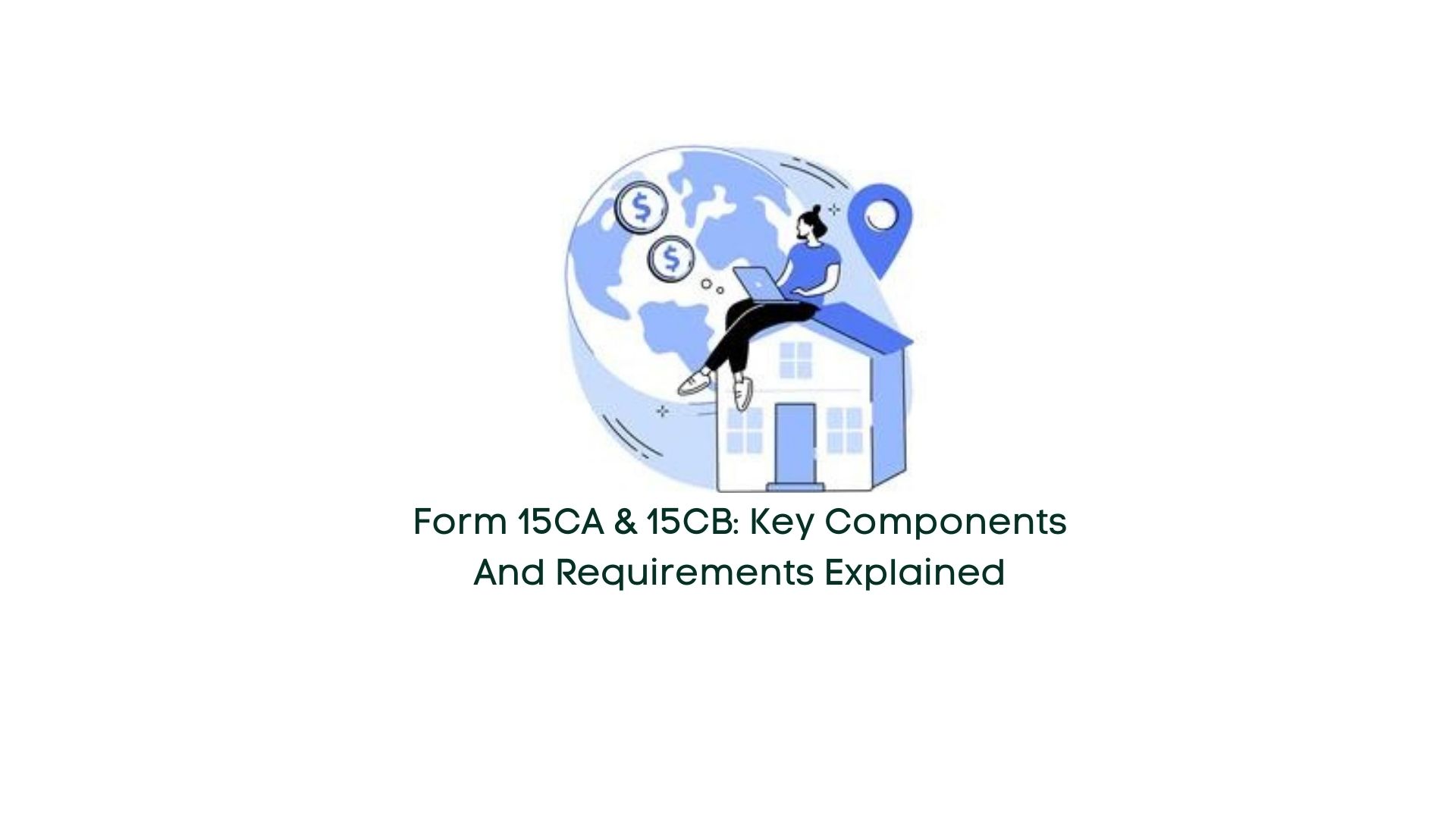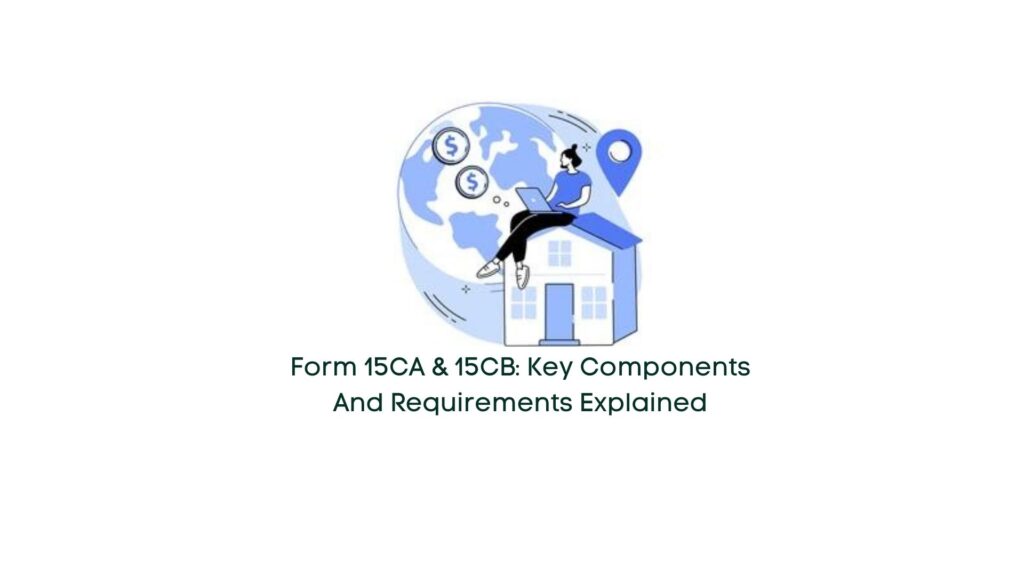
30 Mar Form 15CA & 15CB: Key Components and Requirements Explained

In today’s globalized economy, where cross-border transactions are commonplace, compliance with tax regulations is critical for both governments and businesses. Form 15CA and 15CB are essential tools introduced by the Indian government to streamline the process of remitting money overseas and ensure adherence to tax laws concerning international transactions.
- Globalization and International Transactions: The rise of globalization has led to a significant increase in international trade, investments, and cross-border transactions. Businesses are expanding globally to access new markets and resources, leading to a surge in financial transactions across different jurisdictions.
- Tax Compliance Challenges: With the growth of international transactions, ensuring tax compliance has become more challenging for tax authorities. Tax evasion and avoidance have become significant concerns, necessitating stricter regulatory measures.
- Need for Regulatory Framework: Governments worldwide are introducing measures to enhance transparency and compliance in cross-border transactions to safeguard the integrity of the tax system and protect stakeholders' interests.
- Introduction of Form 15CA and 15CB: Form 15CA and 15CB were introduced by the Indian Income Tax Department to monitor payments to non-residents. Form 15CA is a declaration of remitter, while Form 15CB is a certificate issued by a Chartered Accountant, ensuring compliance with Indian tax laws.
- Key Objectives: These forms aim to enhance transparency, ensure tax compliance, and prevent tax evasion by providing details of cross-border transactions and certifying their compliance with relevant laws.
- Impact on Globalization: While adding compliance requirements, Form 15CA and 15CB contribute to fostering a conducive environment for global trade by instilling confidence in the tax system and reducing risks associated with international transactions.
Form 15CA:
Overview:
Form 15CA is a declaration document required for remitting funds outside India. It is mandatory for individuals and businesses and can be conveniently filed online through the e-Filing portal.
Types:
Form 15CA has four sections based on the remittance amount and whether a certificate from a Chartered Accountant is obtained.
Form 15CB:
Overview:
Form 15CB is a declaration by a Chartered Accountant certifying compliance with the Income Tax Act, particularly when remittances exceed INR 5 lakh in a financial year.
Sections:
Form 15CB consists of six sections covering certification, remittance details, taxability, and accountant details.
Conclusion:
Navigating Form 15CA and 15CB requirements is essential for businesses and individuals involved in foreign transactions. Understanding these forms’ purpose and procedures ensures compliance with Indian tax regulations, fostering trust and efficiency in the global financial ecosystem.


No Comments